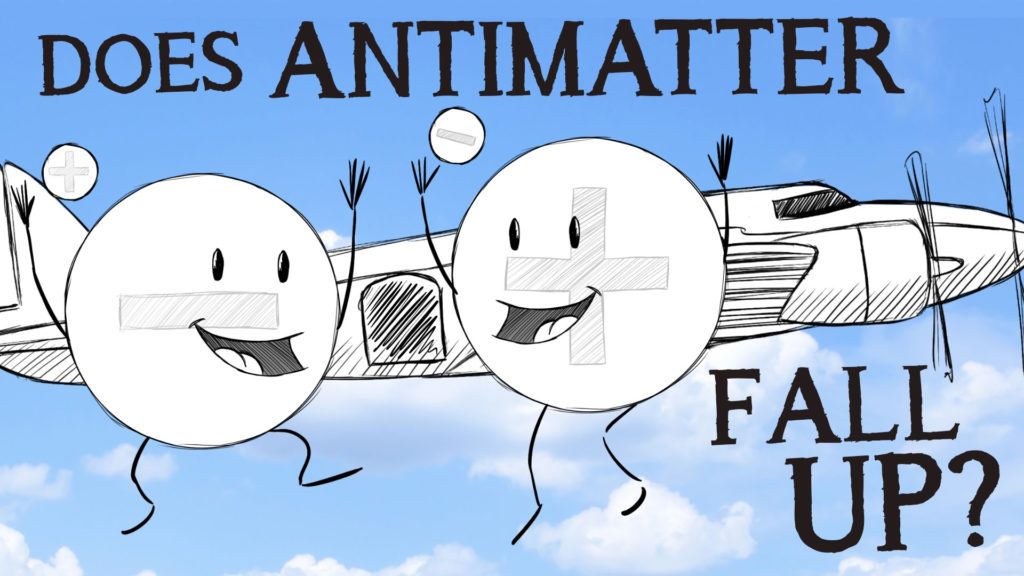If matter falls down, does antimatter fall up?

Welcome back student, after you have read the topic you might be wondering what are the terms – matter and antimatter.
Well, you might be knowing what matter is!
Matter is almost everything we see or touch around us. Matter is defined as anything that occupies space and has a certain mass.
Contents
What is the Antimatter?
Antimatter is the opposite of normal matter as the two words look like.
I hope you might be aware of the term ‘atom’ which is the smallest unit of the mass so, the difference between the matter and antimatter is that the sub-atomic particles of antimatter have properties opposite to those of matter. The electrical charge of those particles is inverted or reversed. Researches say that matter and antimatter when placed together will vanish in a spark of light.
If matter falls down, does antimatter fall up?
As you have studied that everything falls due to the Gravitational force and also according to Galileo’s experimental observations it is clear that all falling objects accelerate (move faster) at the same rate. But do the smaller particles like atom follow the same rule?
The mass of small particles is very minute and the gravitational force they experience becomes even smaller. In case they are charged (as positive or negative) then the electromagnetic force acts infinite times higher than the gravitational force.
There is one more possibility that the charges in the atoms of Hydrogen and antihydrogen are neutral so the electromagnetic force can be less and gravitational force would be noticable.
Why scientists research more on antimatter than matter?
The answer to this is we have a lot of matter; everything around is just matter but we have very less antimatter. Do you know Big Bang? The process under which our universe was created. Scientists believe that antimatter was created in Big Bang.
Now if matter and antimatter jumps will antimatter fall up?
I think antimatter will fall down because of its neutral charge the gravitational force will pull it downwards.
Well, scientists are still making research on this topic.
What do you think?






Responses